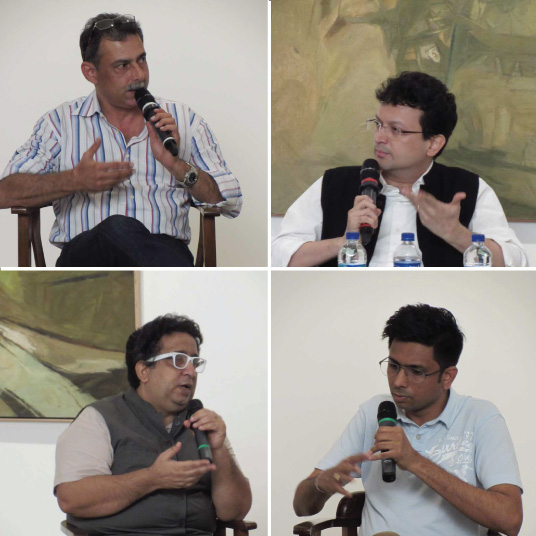
The exhibition at the Jehangir Nicholson Gallery, devoted to the work of Ram Kumar, carries forward our engagement with abstract art, which has a substantial presence in the Jehangir Nicholson Collection.
‘The Futures of Abstraction', explored the potential futures of this form - In what sorts of practices might abstraction surface? How might it inform painting, but also other kinds of artistic exploration? Is it a style or an impulse? These are some of the questions the panelists addressed during the course of the evening.
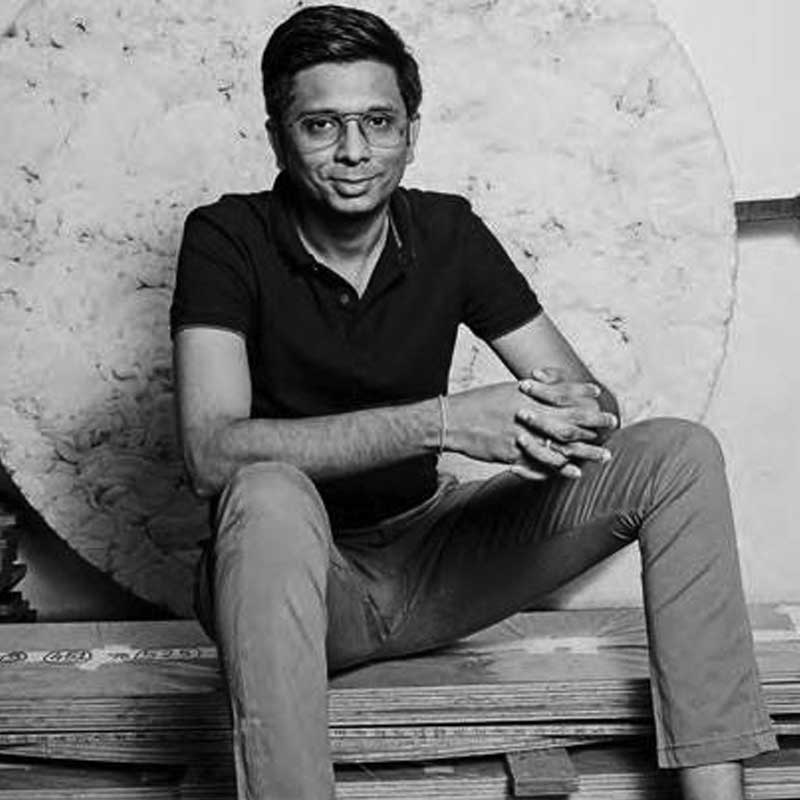
Manish is a contemporary artist whose work defies categorization. His work brings out the intricacy and the almost palpable quality that they have. He works with unusual media like jute fine and coarse jute, butter paper, handmade paper, where the process is as important if not more important than the image or body of images created. His relationship with jute is both personal and artistic. His father ran a jute factory that was facing heavy losses as much of that industry faced at that time. The factory had piles of coloured unused jute and this seemed to have fired Manish’s imagination, and in turn, played an instrumental role in providing us with a fascinating body of work.
For the last 10 years or so his creations have mainly been large format diptychs, collages on jute and canvas.
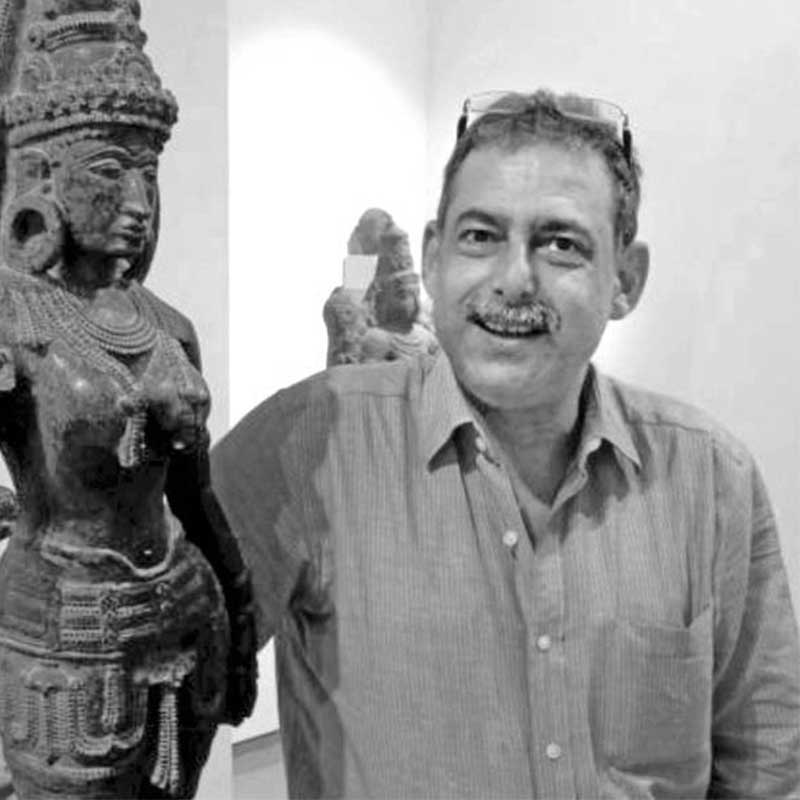
Dadiba Pundole owns one of Mumbai’s oldest commercial art spaces – Pundole Gallery. Pundole is one of Mumbai’s oldest galleries, which his father Kali Pundole set up. He began his career as a gallerist in 1980. He is recognised in the field for his in-depth knowledge on the Indian Modernists including Vasudev S. Gaitonde, Akbar Padamsee, S.H. Raza, Ram Kumar, M.F. Husain and F.N. Souza. Pundole Art Gallery began representing these artists in the 1960s. Dadiba was a consultant at Sotheby’s for their Modern Indian Art sales from 2005 to 2010. Dadiba has taken Pundole to new spaces and new places; and has transformed the gallery into a very successful auction house and now to yet another gallery in Dubai.
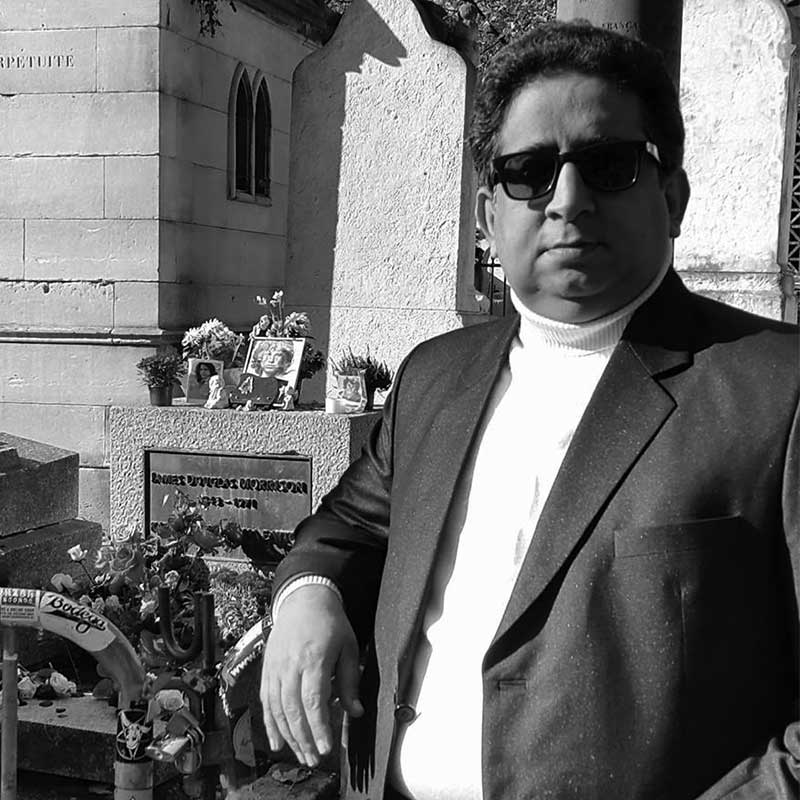
Mustansir Dalvi is Professor at the Sir JJ school of Architecture in Mumbai and Chairperson of the Board of Studies in Architecture at the University of Mumbai. He’s done extensive research on architecture and urban issues that has been published in several journals. He is also the author of ‘The Romance of Red Stone: An Appreciation of Ornament on Islamic Architecture in India”. Mustansir is also an accomplished poet and his work has appeared in several collections and anthologies. His first book of poems Brouhahas of Cocks was published in 2013. He has also done a very elegant translation of two important and controversial poems of Mohammed Iqbal – Shikwa (Taking Issue) and Jawaab-e-Shikwa (Allah’s Answer). His translation make these poems – dating back to the early 1900’s , come alive in a language that is contemporary and accessible to people.
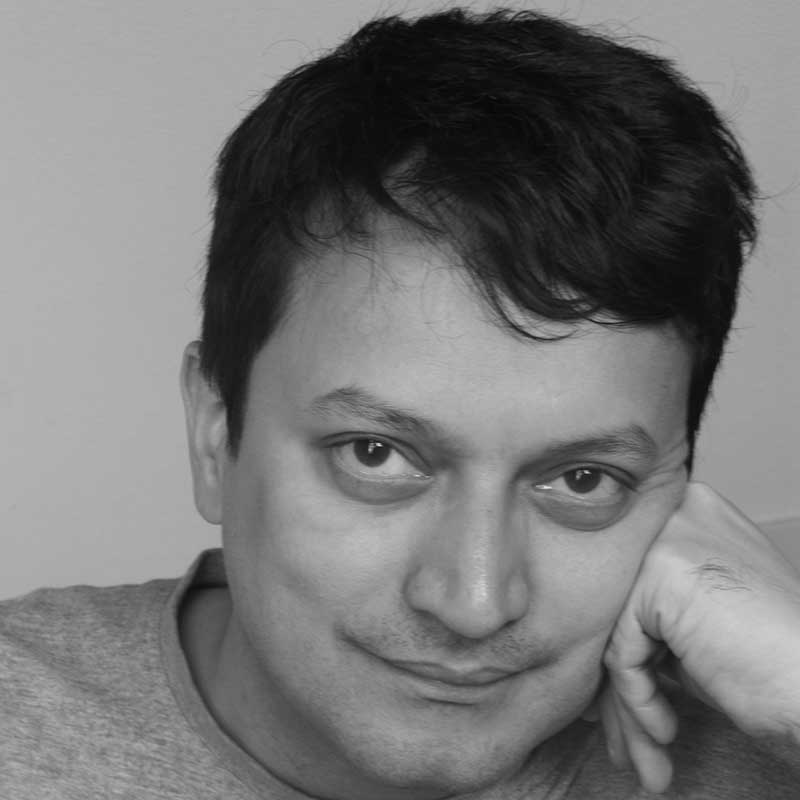
Ranjit Hoskote is a cultural theorist, curator and poet based in Mumbai. He is the author of 30 books, including a biography of Jehangir Sabavala, Pilgrim, Exile, Sorcerer (Eminence Designs, 1998), and numerous monographs, among them The Complicit Observer: The Art of Sudhir Patwardhan (Eminence Designs, 2004), Zinny & Maidagan: Compartment/ Das Abteil (Museum für Moderne Kunst, Frankfurt/ Walther König, 2010), and Atul Dodiya (Prestel, 2014). With Nancy Adajania, he is co-author of The Dialogues Series (Popular, 2011), an unfolding programme of conversations with artists. With Maria Hlavajova, he is editor of Future Publics: A Critical Reader in Contemporary Art (BAK/Valiz, 2015).
Hoskote curated India’s first-ever national pavilion at the Venice Biennale (2011), co-curated the 7th Gwangju Biennale (2008), and was co-convenor of Documents, Constellations, Prospects (Haus der Kulturen der Welt, Berlin, 2013). His exhibitions include Bombay: Labyrinth/ Laboratory (Japan Foundation, Tokyo, 2001), a mid-career retrospective of Atul Dodiya; Jehangir Sabavala, a lifetime retrospective (NGMA Mumbai & Delhi, 2005-2006); Unpacking the Studio: Celebrating the Jehangir Sabavala Bequest (CSMVS/ JNAF, 2015), and No Parsi is an Island (with Nancy Adajania; NGMA Mumbai, 2013 & NGMA Delhi, 2016).